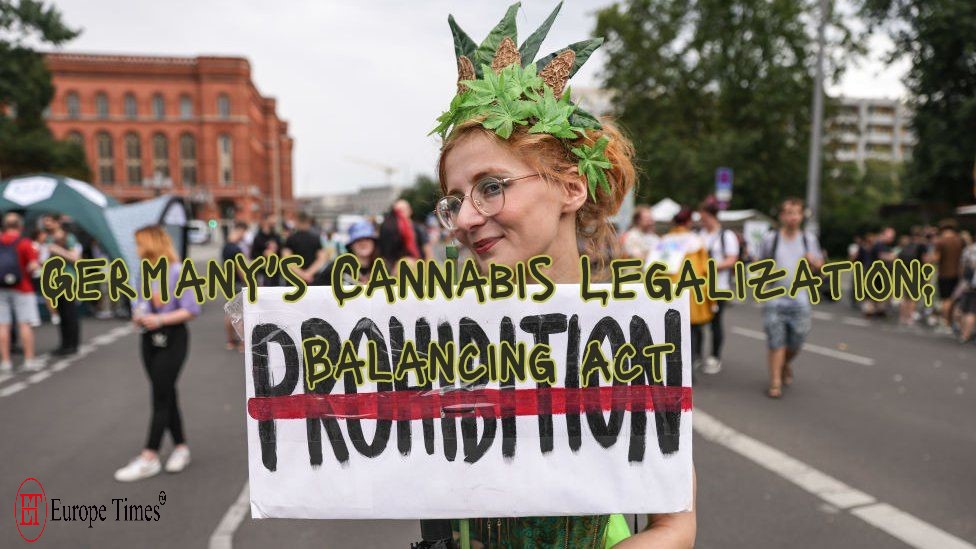Germany set to legalise cannabis, but it’s complicated

The German parliament is on the verge of voting on a groundbreaking law that would legalize the recreational use of cannabis. Should it pass, individuals aged 18 and above would gain the legal right to possess significant quantities of cannabis. However, the legislation is structured to impose strict regulations on its sale, aiming to make purchasing the drug challenging despite its legal status.
If the law is enacted, it would mark a significant shift in public policy regarding cannabis in Germany. As of April 1st, public consumption of cannabis would be decriminalized, with possession limits of up to 25 grams allowed in public spaces and 50 grams permitted in private residences. Despite the current legal prohibition on recreational cannabis use, certain regions, such as Berlin, have already adopted a lenient approach, often overlooking instances of public smoking.
Health Minister Karl Lauterbach is a key proponent of the proposed reforms, citing concerns about the proliferation of black-market cannabis, the need to ensure safer consumption practices, and the desire to diminish revenue streams for organized crime syndicates. However, the legislation does not envision a widespread proliferation of cannabis cafes akin to those found in Amsterdam. Instead, it outlines the establishment of non-commercial “cannabis social clubs” responsible for cultivating and distributing limited quantities of the drug to their members.
While the legalization of cannabis possession would represent a significant step forward, the proposed law would still maintain certain restrictions. For instance, smoking cannabis near sensitive areas like schools and sports grounds would remain illegal. Additionally, the market would be tightly regulated to prevent easy access to the drug, with licensed sales through shops and pharmacies initially scrapped due to concerns raised by the European Union.
The potential legalization of recreational cannabis in Germany reflects a complex and nuanced approach to drug policy. While the legislation aims to strike a balance between liberalization and regulation, its ultimate impact remains uncertain. Critics warn of potential unintended consequences, including the perpetuation of black-market activity, while opposition conservatives threaten to overturn the law if they come into power. Germany’s journey toward cannabis legalization is fraught with challenges and uncertainties, suggesting that it is unlikely to replicate the model of Amsterdam in the near future.
Picture Courtesy: Google/images are subject to copyright
